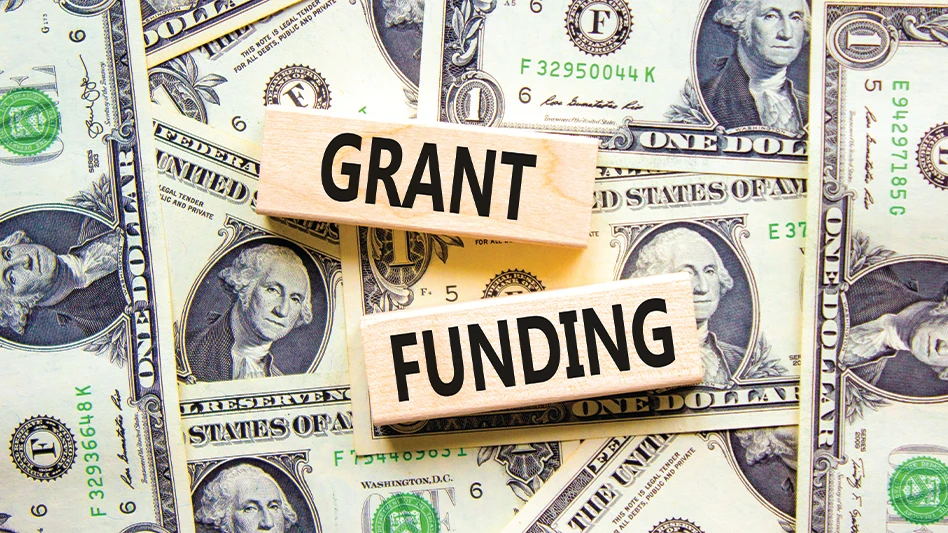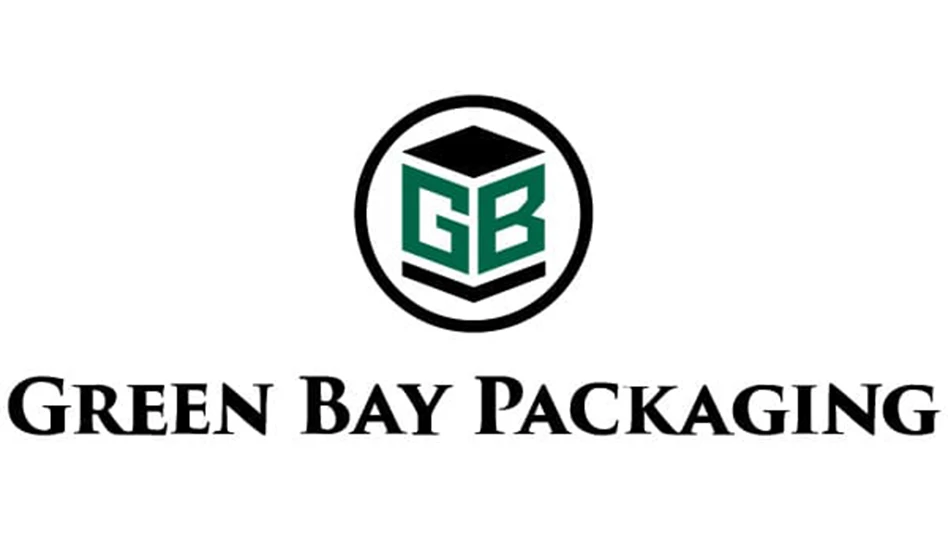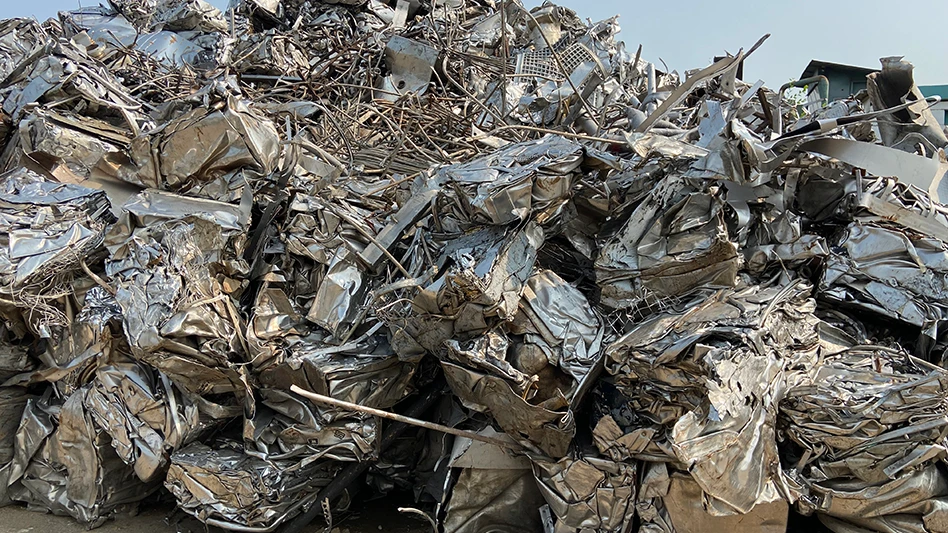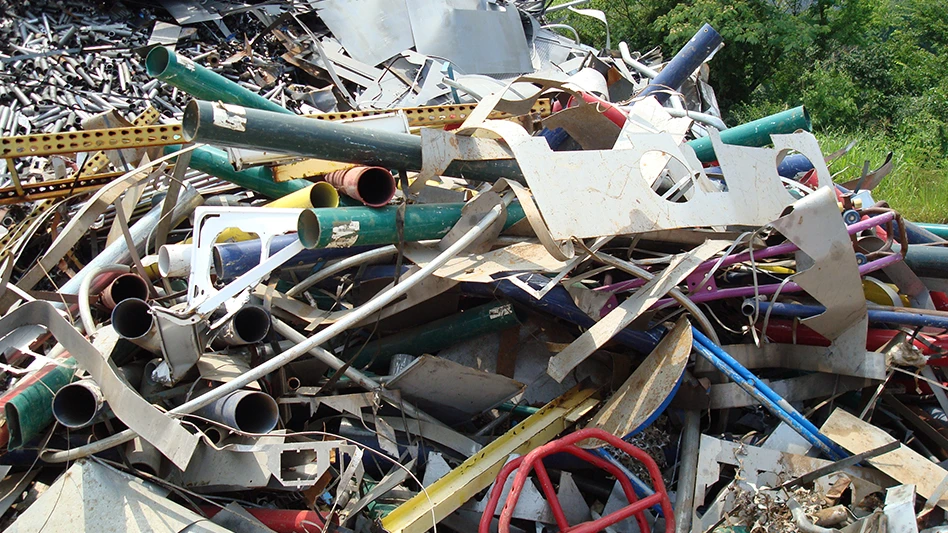The Environmental Protection Department (EPD) of the Hong Kong Special Administrative Region has updated its plastic scrap import and export control guidelines, according to China Sustainable Plastics Association (CSPA) Executive President Steve Wong. Wong also is the owner of Hong Kong-based plastics recycling firm Fukutomi Recycling Ltd. and serves on two committees of the Brussels-based Bureau of International Recycling (BIR).
Wong says the Hong Kong EPD is attempting to comply with the Basel Convention Plastic Waste Amendments, set to take effect among signatory nations Jan. 1, 2021. “The EPD of Hong Kong has tightened the controls with the same effective date on plastic [scrap] import/export and transshipment,” writes Wong in his September 2020 update.
Some materials will retain “unrestricted” status in 2021, Wong says, adding that the list lines up with “entry B3011 of Annex IX of the Basel Convention.”
The secondary commodities listed there “are almost free from contamination and other types of wastes, with contaminant of not more than 0.5 percent,” Wong says. These materials “can still be imported without the requirement of an import permit if it is destined for recycling in an environmentally sound manner.”
However, importing those materials to Hong Kong, starting in 2021, will require “a notification to the EPD of Hong Kong, with supporting documents, including shipment documents and loading photos,” Wong says.
Plastic scrap shipments “not within B3011 of Annex IX [will[ be subject to the control of permit/consent while transshipment will require a notification,” Wong writes. “Export permit or approval issued by the exporting countries must be available in case of import to Hong Kong or transshipment via Hong Kong,” he adds.
Transshipments via Hong Kong will require an HK EPD import permit, with fees ranging from $1,500 to $2,375, depending on the timeframe of the permit. Those application fees are nonrefundable, Wong says.
Recyclers face “significant challenges” because of the requirement Wong says, including receiving clarification of the definition of “almost free from contamination.”
Wong adds, “Most recyclers expect that the operating environment [in Hong Kong] will be more difficult for importers and exporters. Factories in Hong Kong with no proper legal status, no business registration and no environmental system cannot survive.”
Sponsored Content
SENNEBOGEN 340G telehandler improves the view in Macon County, NC
An elevated cab is one of several features improving operational efficiency at the Macon County Solid Waste Management agency in North Carolina. When it comes to waste management, efficiency, safety and reliability are priorities driving decisions from day one, according to staff members of the Macon County Solid Waste Management Department in western North Carolina. The agency operates a recycling plant in a facility originally designed to bale incoming materials. More recently, the building has undergone significant transformations centered around one machine: a SENNEBOGEN telehandler (telescopic handler).
He notes, though, that such scrutiny is now the norm in Asia, and that with or without Hong Kong’s edict, “Other countries would step up procedures to enforce the implementation of Basel Convention amendments soon.”
Among grades of plastic scrap that can enter Hong Kong, if deemed sufficiently clean, are polyethylene (PE), polypropylene (PP), polystyrene (PS), acrylonitrile butadiene styrene (ABS), polyethylene terephthalate (PET) and polycarbonate (PC).Get curated news on YOUR industry.
Enter your email to receive our newsletters.
Latest from Recycling Today
- ReMA lobbies for shredder wear parts tariff exclusion
- Dow, Gruppo Fiori develop recycling pathway for automotive polyurethane foam
- Ascend produces recycled lithium carbonate from used LIBs
- RecycLiCo acquires building to serve as corporate HQ, operational hub
- EZVIZ partners with Plastic Bank
- Radius, under new ownership, replaces CEO
- SMS in Illinois sells assets to equity investor
- Mayr-Melnhof reports earnings growth so far in 2025








